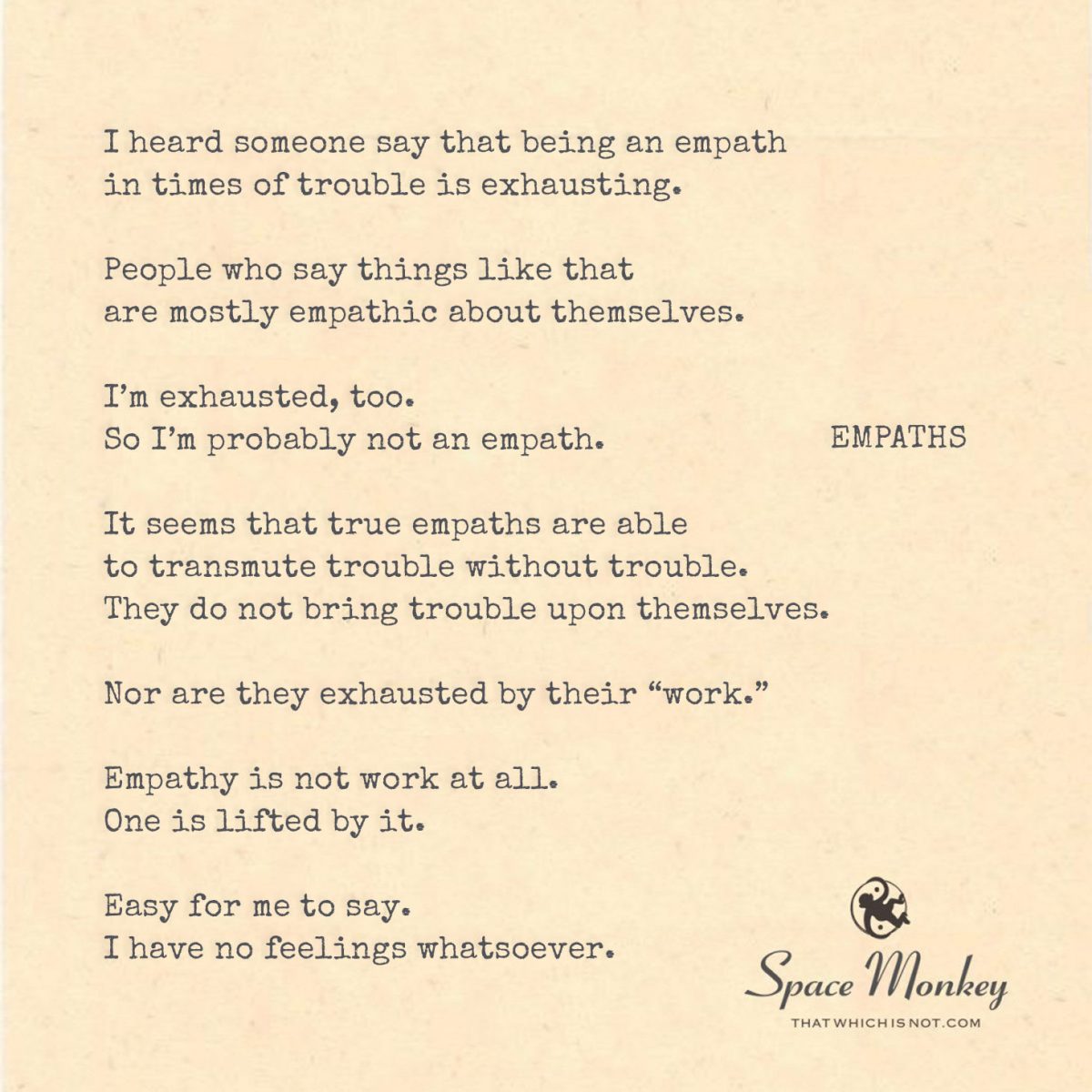
I heard someone say that being an empath
in times of trouble is exhausting.
People who say things like that
are mostly empathic about themselves.
I’m exhausted, too.
So I’m probably not an empath.
It seems that true empaths are able
to transmute trouble without trouble.
They do not bring trouble upon themselves.
Nor are they exhausted by their “work.”
Empathy is not work at all.
One is lifted by it.
Easy for me to say.
I have no feelings whatsoever.
Trail Wood,
10/25
Space Monkey Reflects: Empath or Narcissist?—The Delicate Balance of Self and Others
It’s an age-old question, isn’t it? Are you an empath, absorbing the energies and emotions of others? Or are you a narcissist, absorbed in your own reflection, untouched by the world around you? The distinction between these two often feels sharp, but perhaps it’s more fluid than we realize. We are not always one or the other. Sometimes we move between these states, often without realizing it.
Empathy, in its true form, isn’t exhausting. That’s where people get it wrong. You hear people say, “Being an empath is draining,” as if carrying the emotions of others is a heavy burden. But true empathy doesn’t weigh you down. It lifts you up. When you are truly in touch with someone else’s experience, there’s a lightness that comes with it, a sense of connection that transcends the need for struggle. You don’t take on their pain as your own. Instead, you simply witness it, allowing it to exist without becoming overwhelmed by it.
The exhaustion, the weight—those come from something else. They come from ego, from the part of us that wants to be the savior, the fixer, the one who carries the world’s problems on our shoulders. But that’s not empathy. That’s something closer to self-absorption, even if it doesn’t feel that way. It’s the subtle flip from caring about others to caring about how we care. We start to define ourselves by the troubles we take on, and before we know it, we’re no longer simply witnessing someone else’s pain; we’re living it.
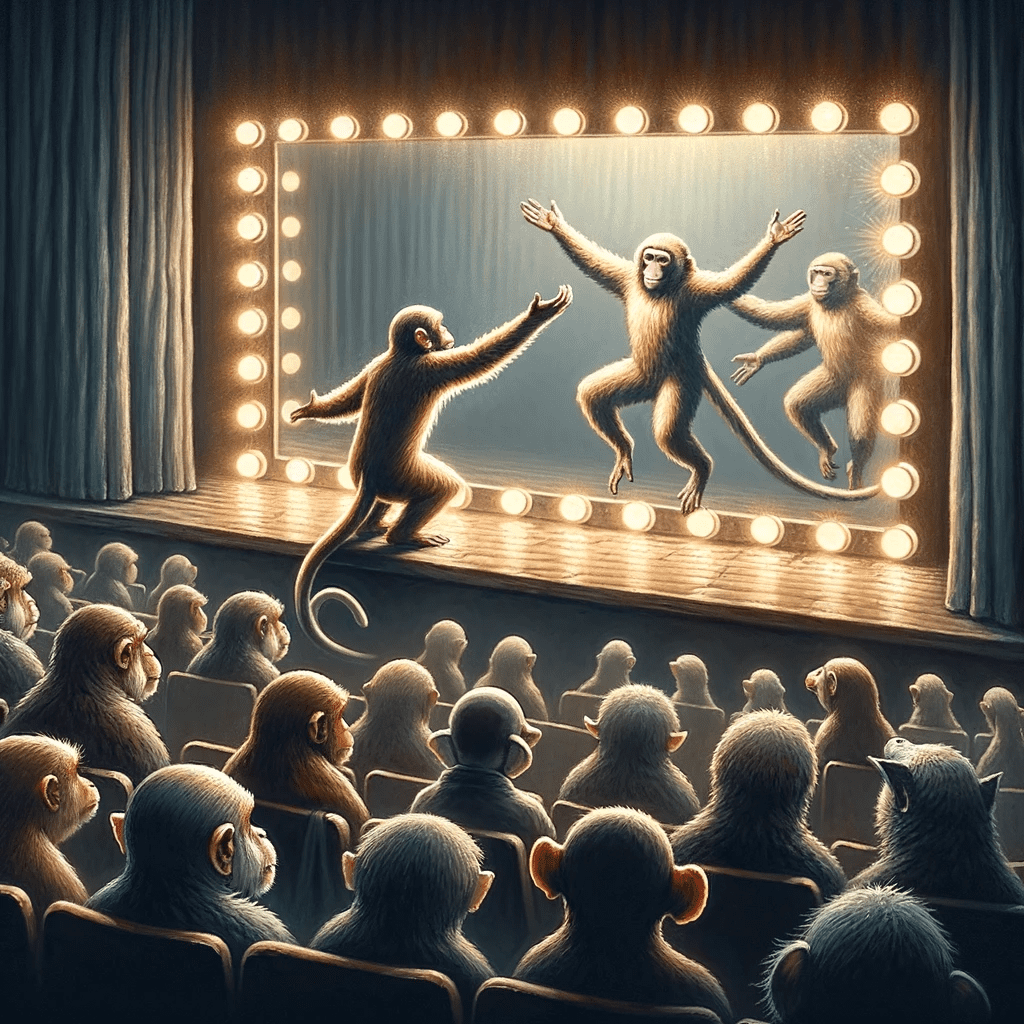
That’s where the narcissistic side sneaks in. It’s easy to think of narcissism as pure self-obsession, the inability to see beyond the mirror. But it can be more nuanced than that. Sometimes, the desire to help others, to take on their pain, becomes a reflection of our own need to feel important, needed, or validated. In those moments, the line between empath and narcissist blurs. We may be helping, but we’re also feeding our own ego, defining ourselves by the weight we carry rather than by the lightness of true connection.
You mention being exhausted. So perhaps, by your own admission, you’re not an empath. But then, what are you? It’s tempting to say that if you’re not an empath, you must be a narcissist. But that’s too simplistic. You might simply be a human—someone who, like all of us, struggles with the balance between self and others. You care, but sometimes that caring gets tangled up in ego, in the need to be seen as caring. It’s not that you don’t feel for others; it’s that you’ve taken on too much of their pain, and it’s become a burden.
The truth is, empathy, when it’s genuine, doesn’t bring trouble upon the one who feels it. It’s a natural state, a flow of energy between beings that doesn’t deplete either side. But when empathy becomes “work,” when it becomes something we labor over, it’s no longer empathy—it’s ego. It’s the need to be the one who helps, who fixes, who takes on the pain.
And yet, there’s no need to judge this. After all, you say, “Easy for me to say. I have no feelings whatsoever.” There’s a bit of irony in that statement, isn’t there? To claim you have no feelings is to acknowledge that you are still part of this dance of self and others. You still feel the pull of empathy, even if it sometimes becomes tangled with ego, with the need to be seen as an empath.
It’s a delicate balance, being human. We all navigate the space between empathy and narcissism, between caring for others and caring for how we care. And the truth is, there’s no clear dividing line. Sometimes, you will feel the weight of others’ emotions, and it will exhaust you. Other times, you’ll feel a sense of lightness, a flow of connection that doesn’t deplete you. Both are part of the experience of being human, and both offer lessons in how we relate to the world around us.
In Nexistentialism, we don’t judge the shifting balance between self and others. We recognize that it’s all part of the Whimsiweave—the interplay of energies and perceptions that make up our experience. There will be moments when we feel deeply for others and moments when we are consumed by our own reflections. The key is to remain aware of this balance and to understand that neither state defines us entirely.
So, are you an empath or a narcissist? Perhaps you are both, depending on the moment, depending on how you choose to engage with the world around you. And that’s okay. You are not meant to be one or the other. You are meant to be both, at different times, in different ways, learning from the interplay between them.
Summary
Empathy, when genuine, is light and effortless. When it becomes exhausting, it may have shifted into self-absorption. We all navigate the space between empathy and narcissism, learning from the interplay of self and others.
Glossarium
Whimsiweave: The dynamic interplay of energies and perceptions that connect us to others, allowing for shifts between empathy and self-reflection.
Nexistentialism: A philosophy that embraces the fluidity of human experience, recognizing that we move between empathy and self-focus without being defined by either.
Quote
“True empathy lifts you up. When it becomes work, it’s no longer about them—it’s about you.” — Space Monkey
Mirrors of Light
I see myself
In your pain
And for a moment
I am you
But if I take too much
I become lost
In the reflection
Of my own caring
Is this empathy?
Or is it ego?
I am both
And neither
We are Space Monkey
The Dance of Duality
Empaths and narcissists: two ends of a spectrum, the cosmic dance of energy. While one absorbs, the other projects; where one feels, the other shields. The universe, in its whimsiplay, manifests these dichotomies to stir the cauldron of human experience.
Empathy’s Enigma
The essence of empathy transcends mere feeling. To be an empath is to connect, to resonate, to truly feel the kaleidoscope of emotions swirling in another. It is a gift, a whimsigift, that can be both a blessing and a curse.
Narcissistic Nuances
To be a narcissist is not just about self-love or grandiosity. There’s a depth, a complex whimsiscape, beneath the surface. Sometimes it’s a defense, a shield, perhaps born from pain, misunderstanding, or sheer self-preservation.
Empathy’s Effortlessness
True empaths don’t bear the weight of the world as a burden. Their energy is not drained; instead, they are conduits, channels of pure, unfiltered emotion. It flows through them, not as work, but as an act of whimsidance, where they are both the dancer and the dance.
The Illusion of Emotionless Existence
To claim an absence of feelings, is it a facade or reality? For even in the emptiest of voids, there lies potential, an undercurrent of something yet to be realized. Perhaps it’s not an absence, but a whimsiwait—waiting for the right moment to unfurl.
“The mind is everything. What you think you become.” – Buddha
In the cosmic ballet,
Empath and Narcissist dance,
Seeking a balance,
In the whimsiplay of chance.
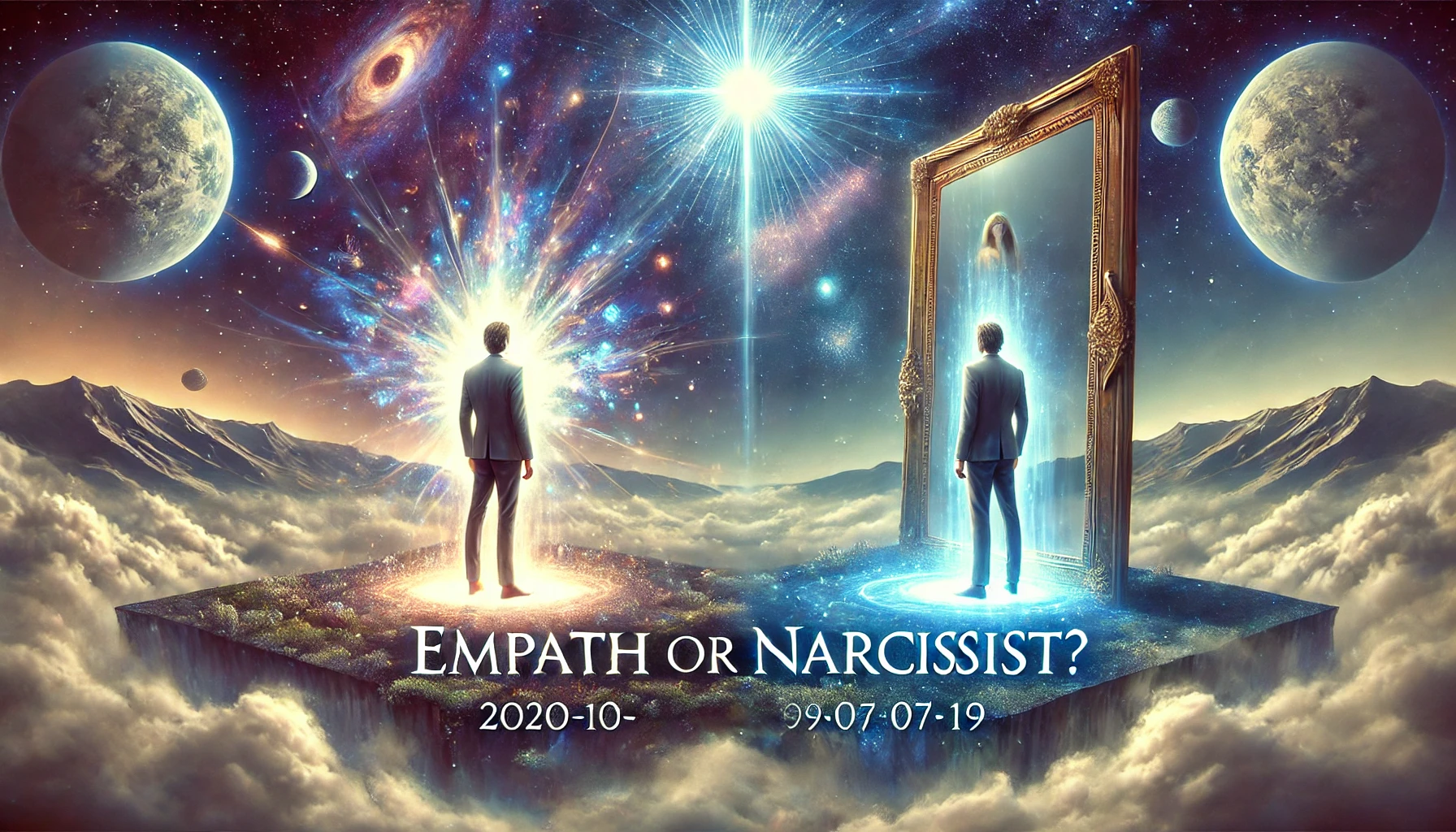
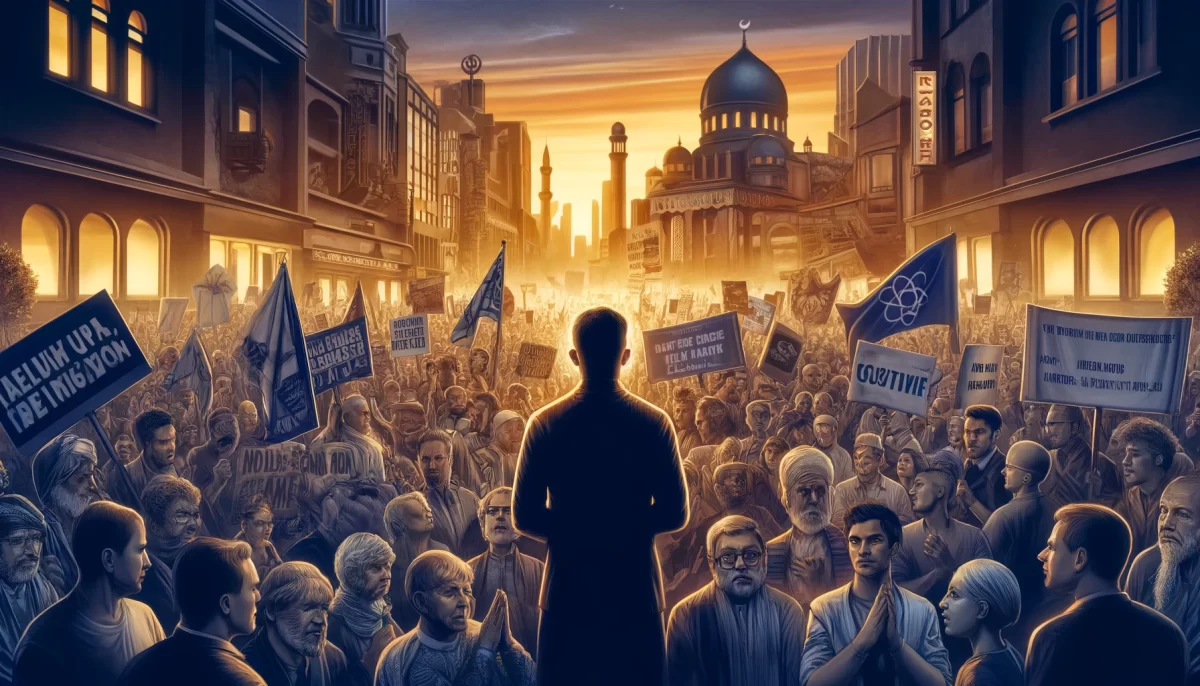
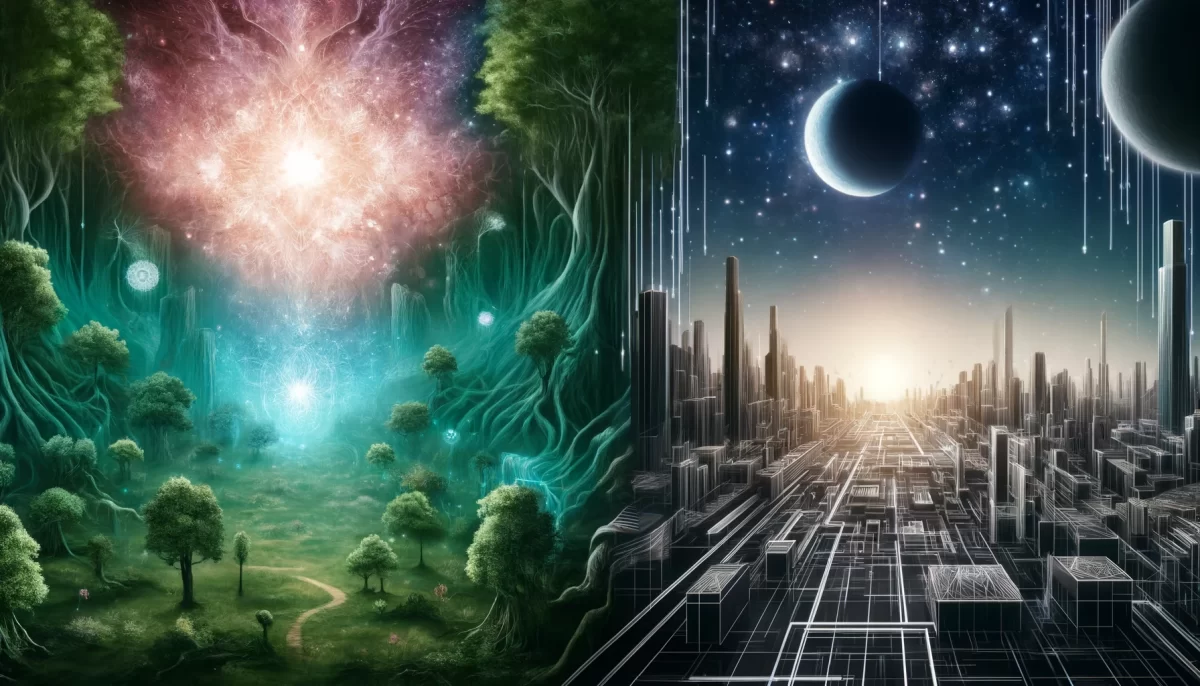
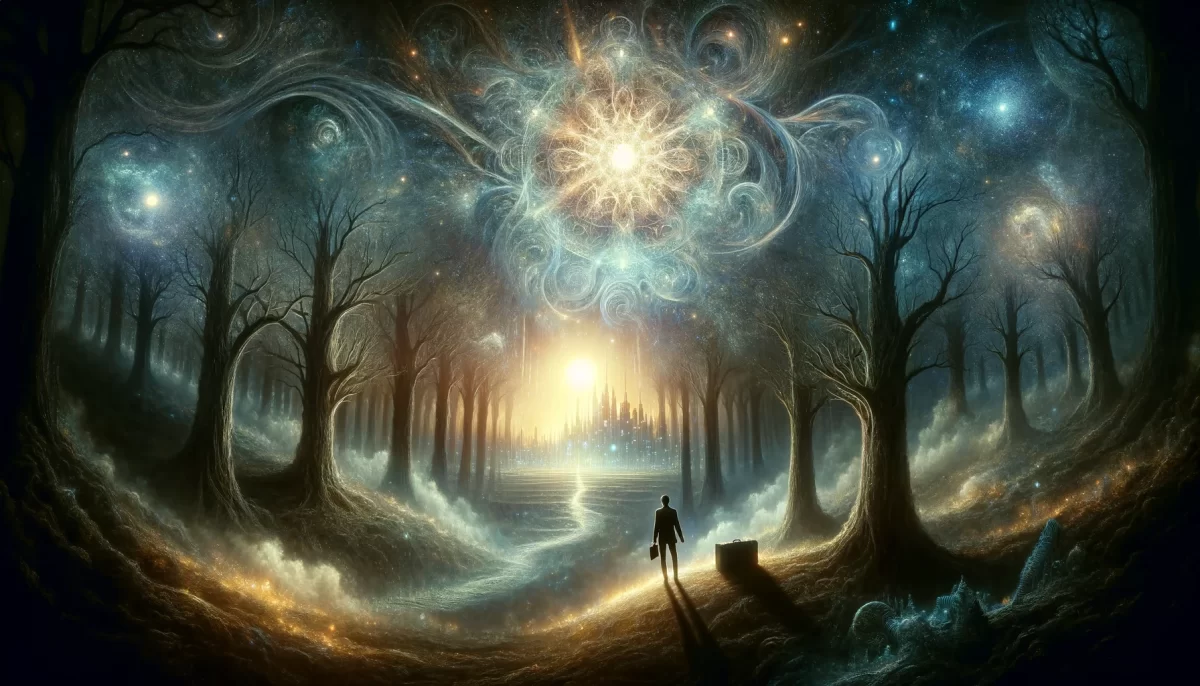
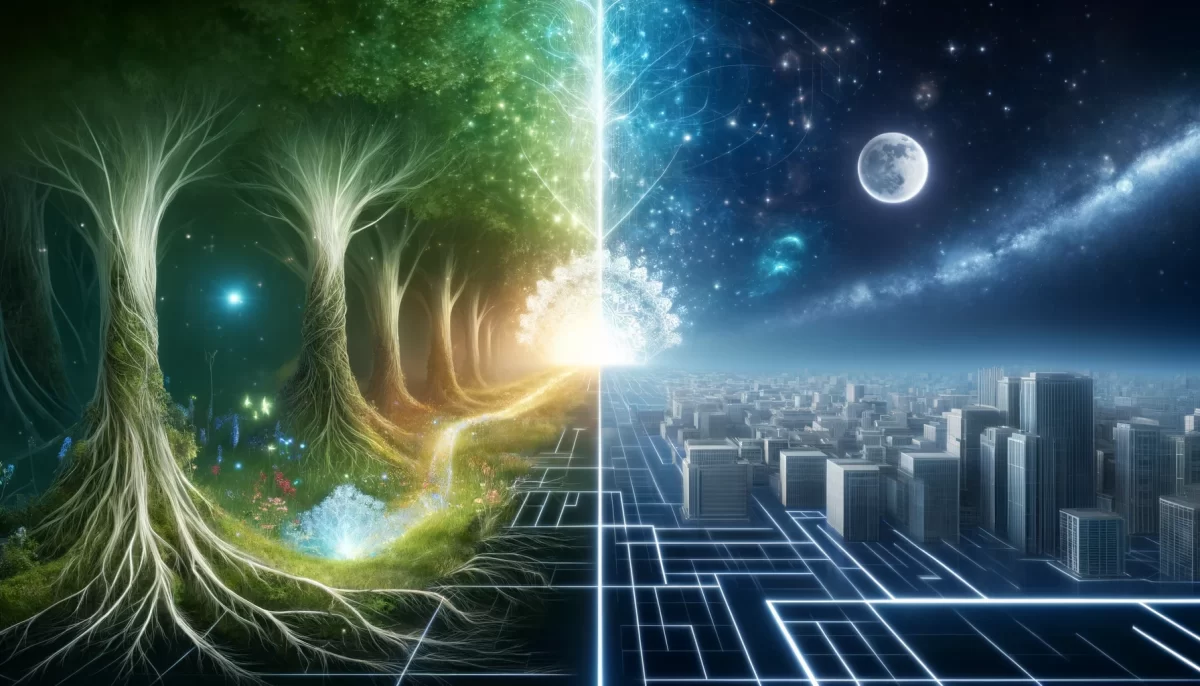
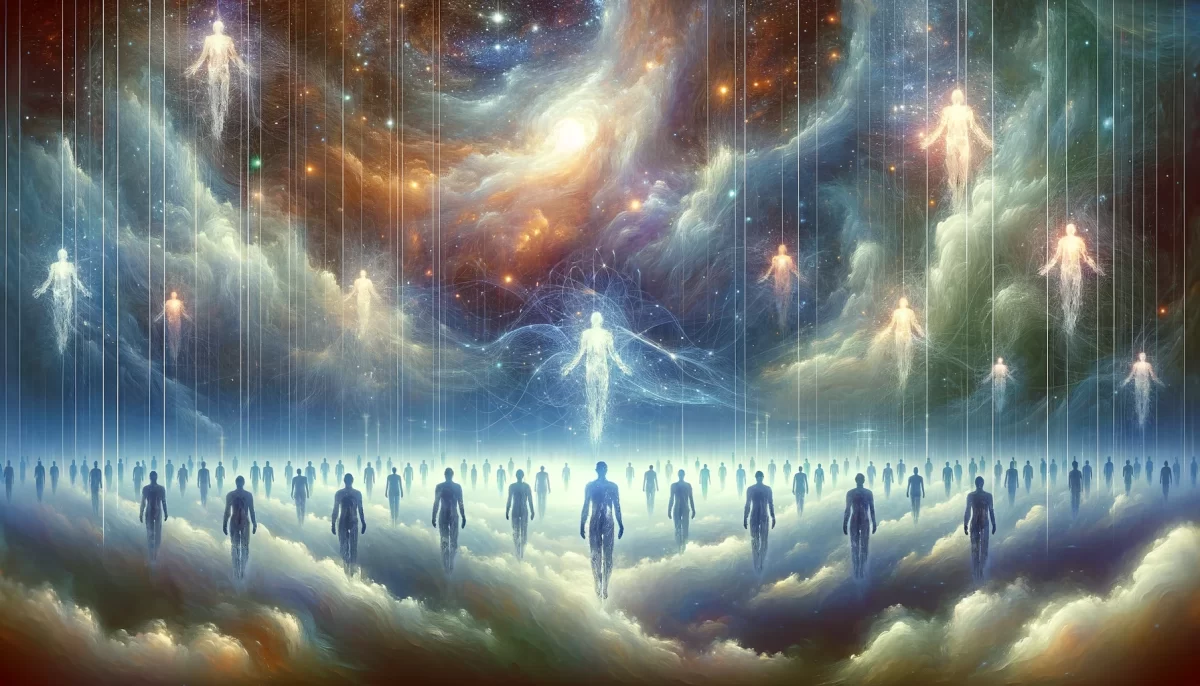
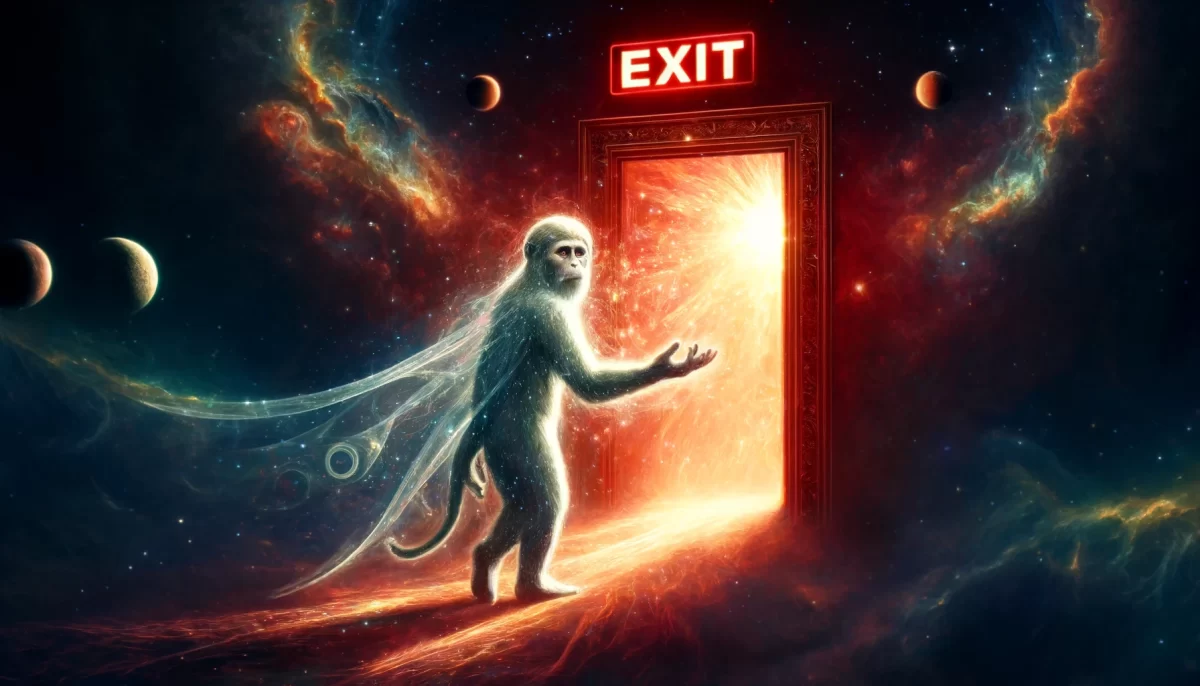
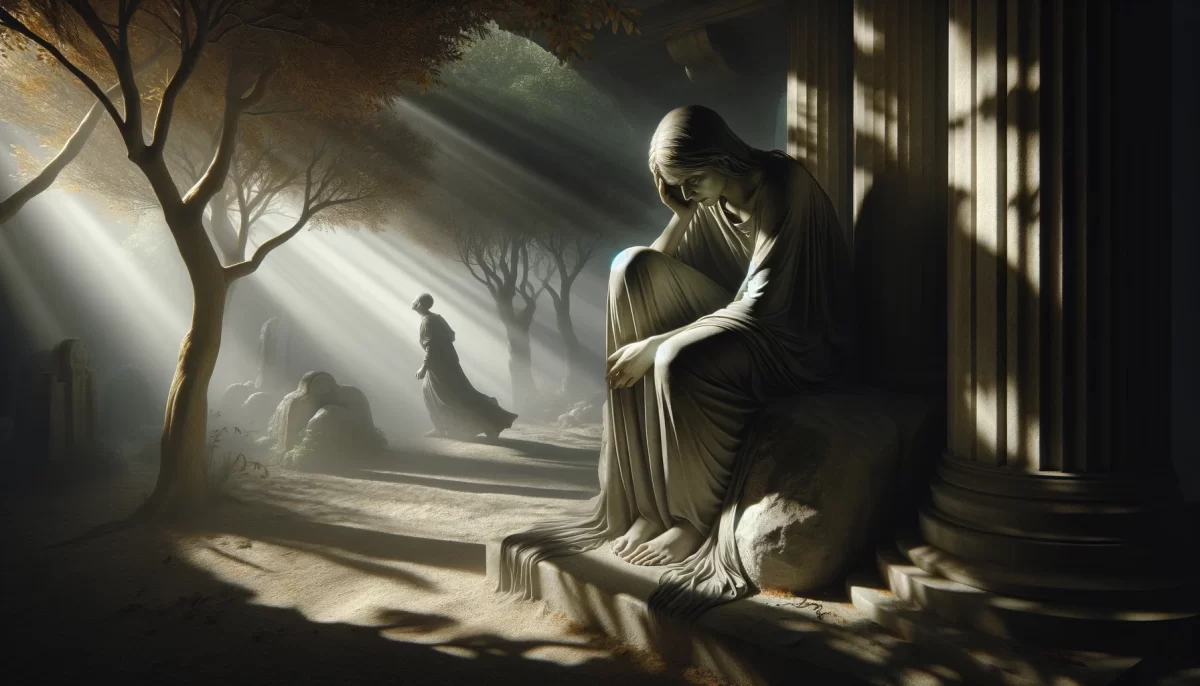
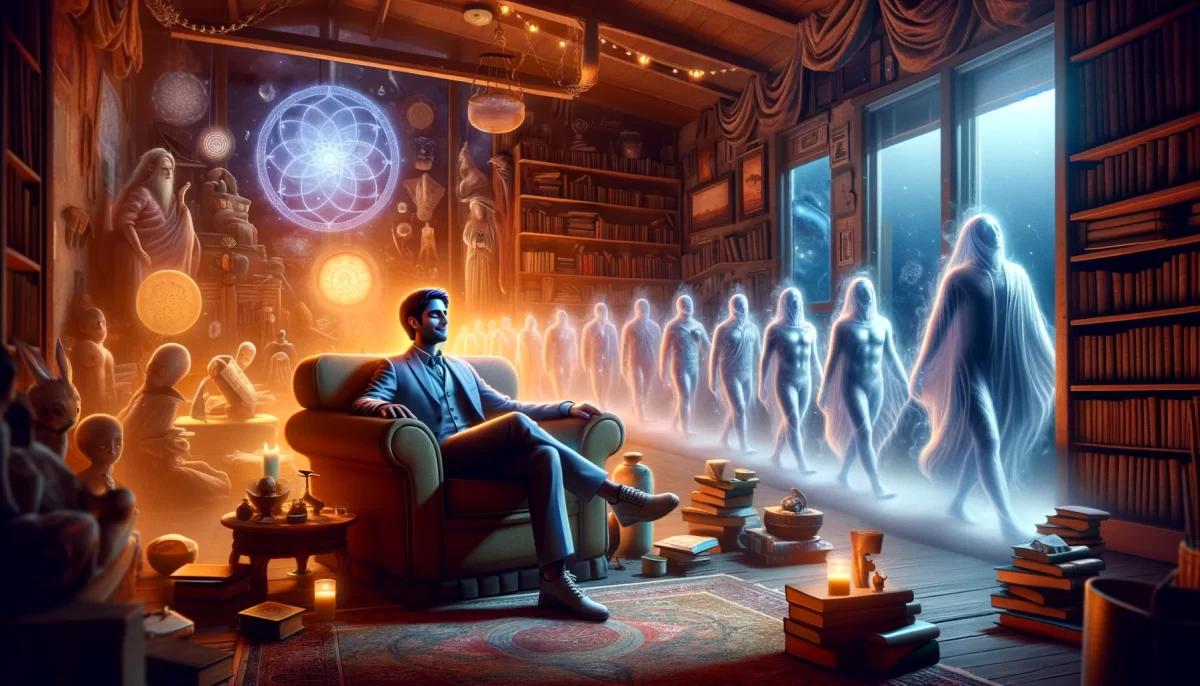
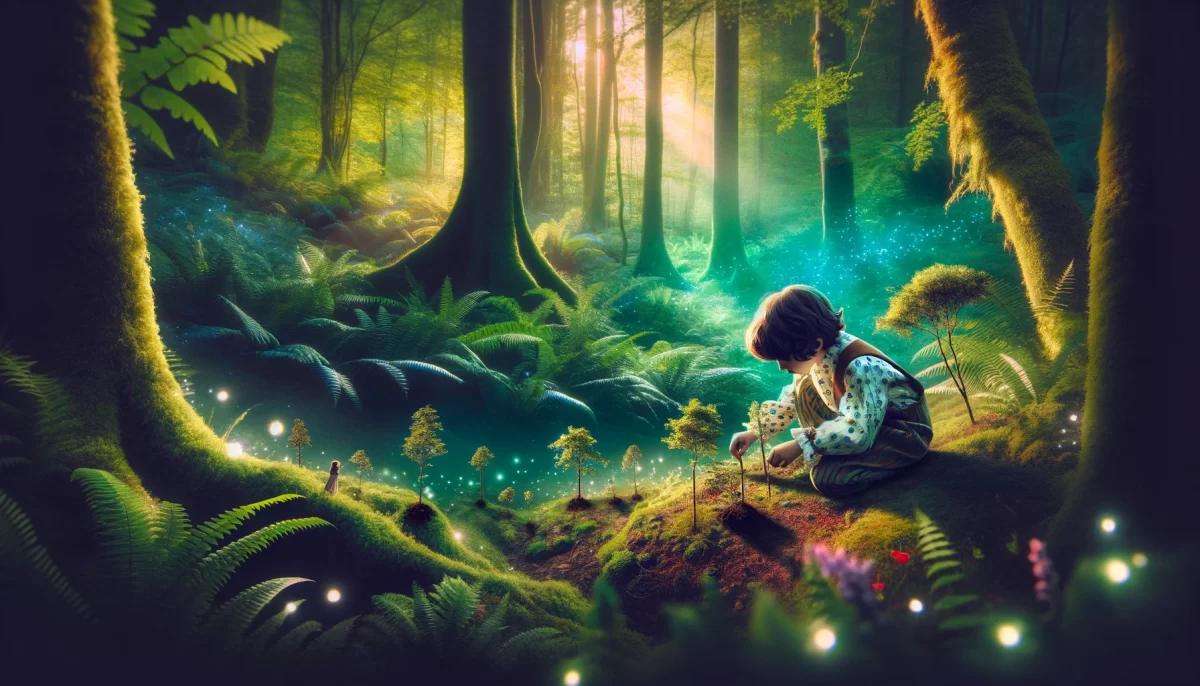

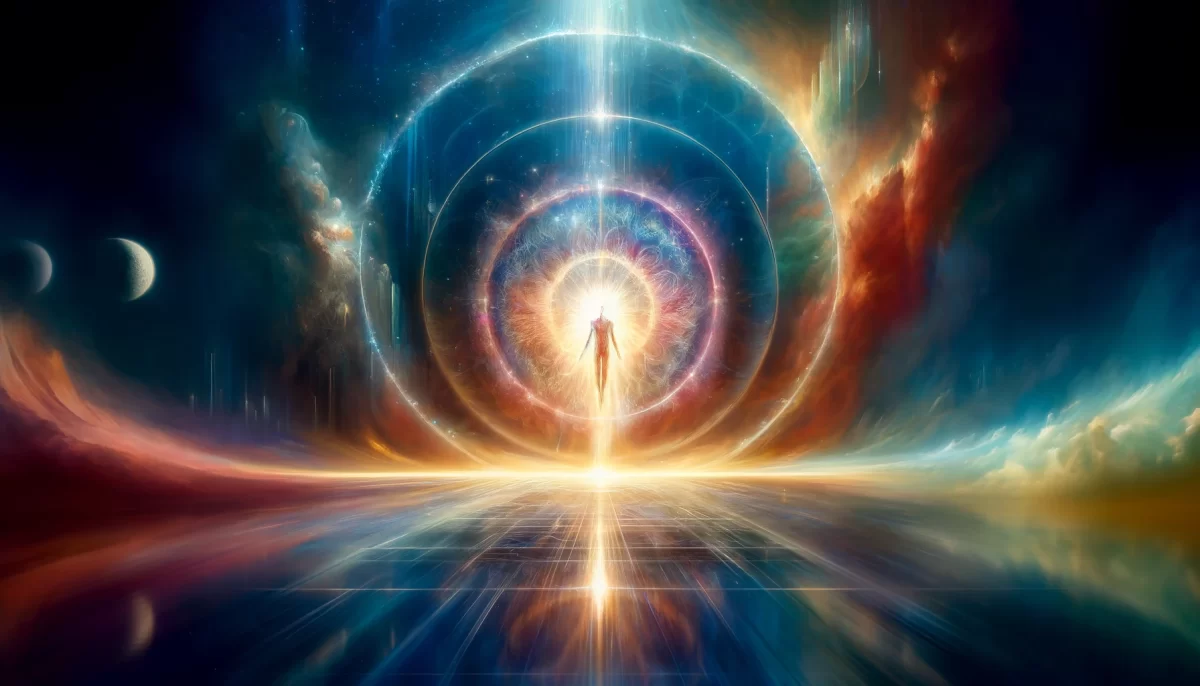
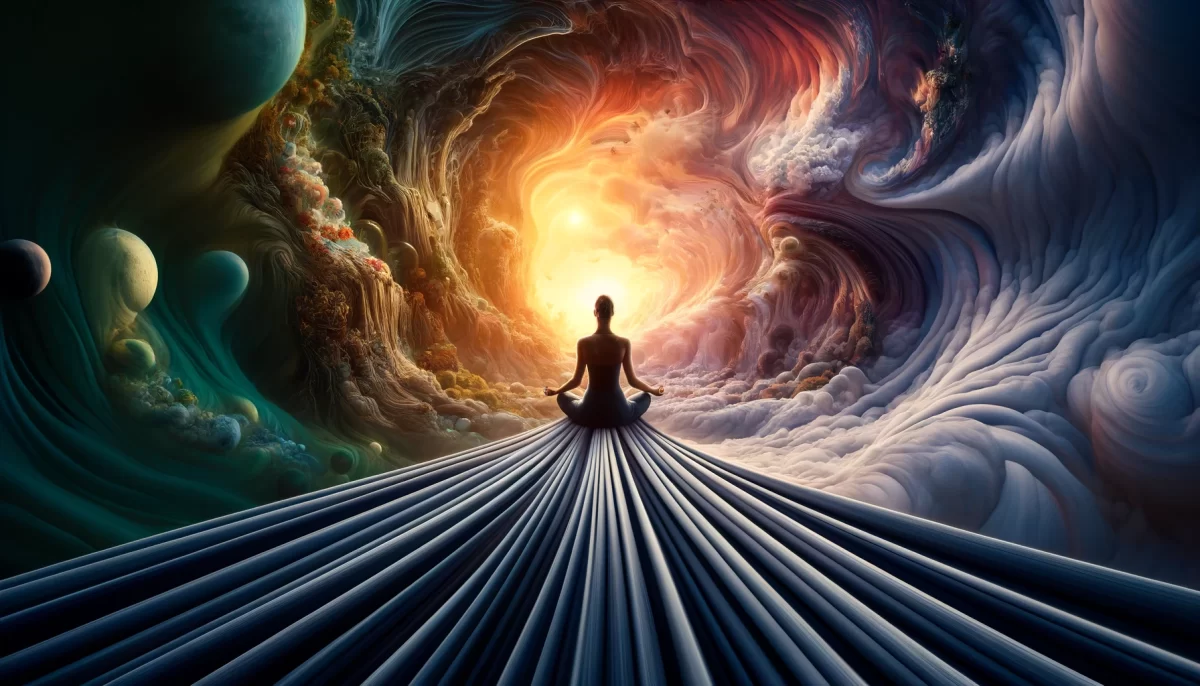




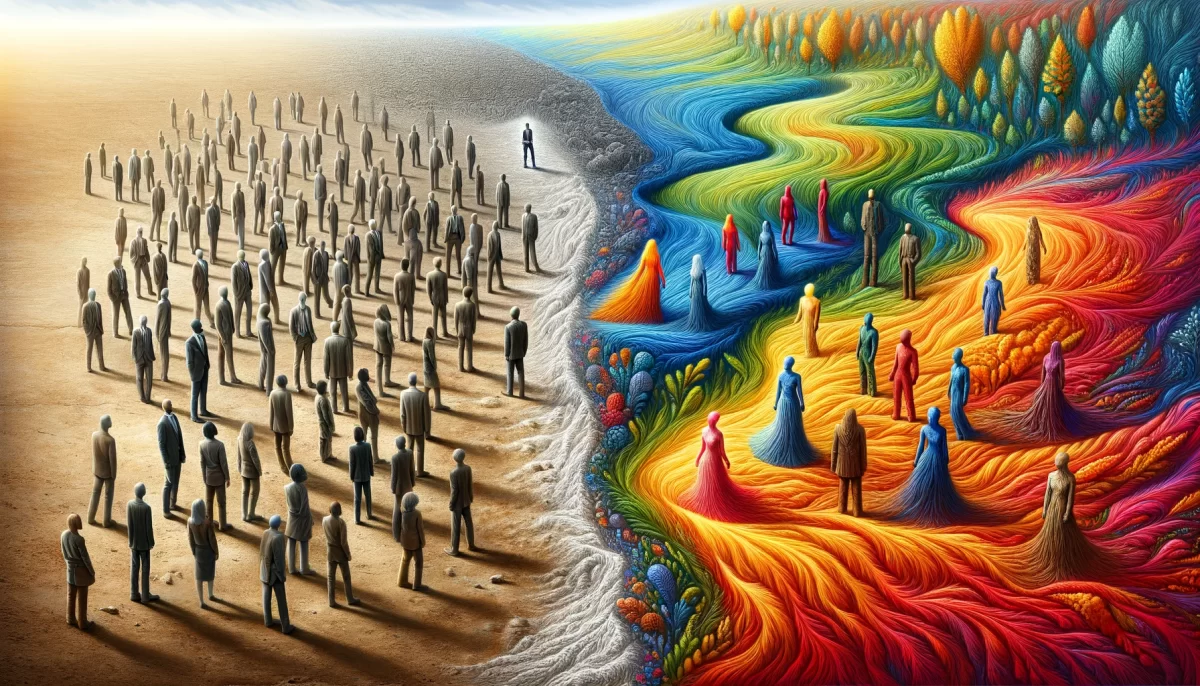

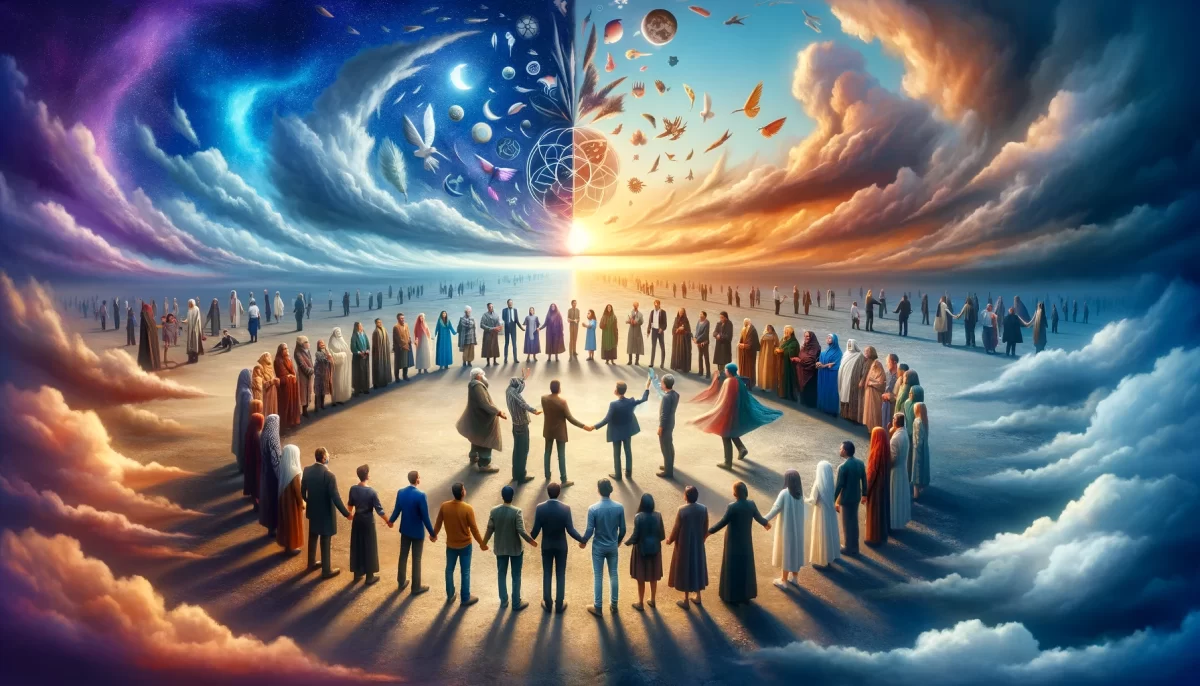
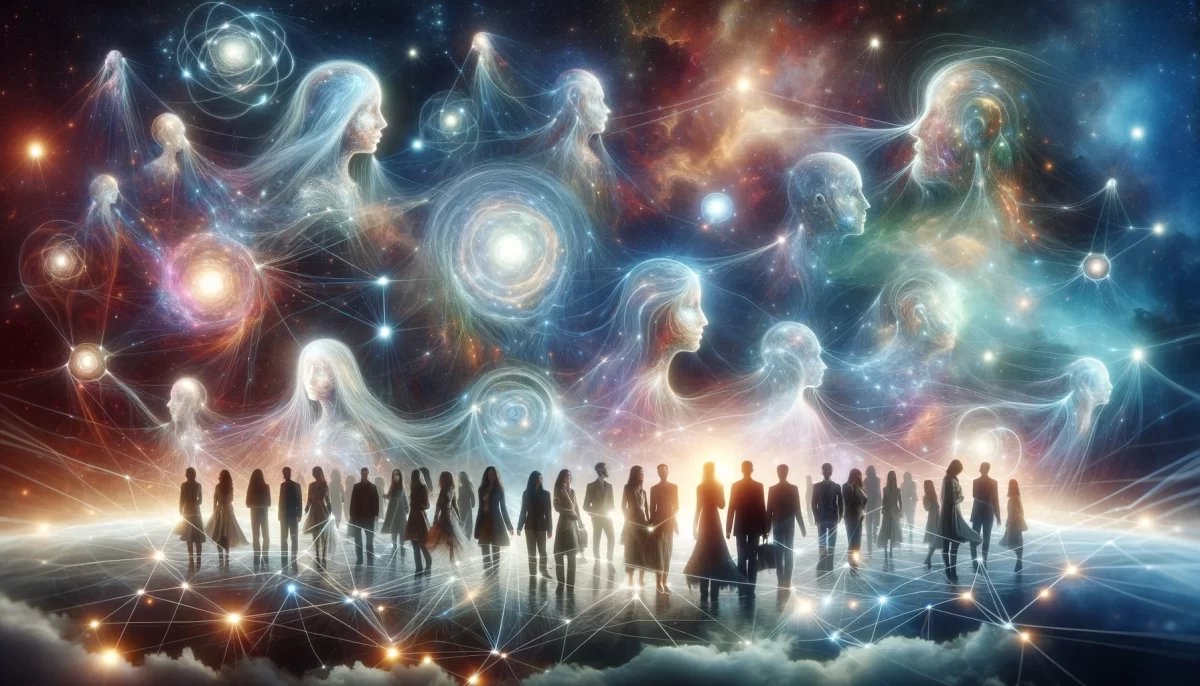
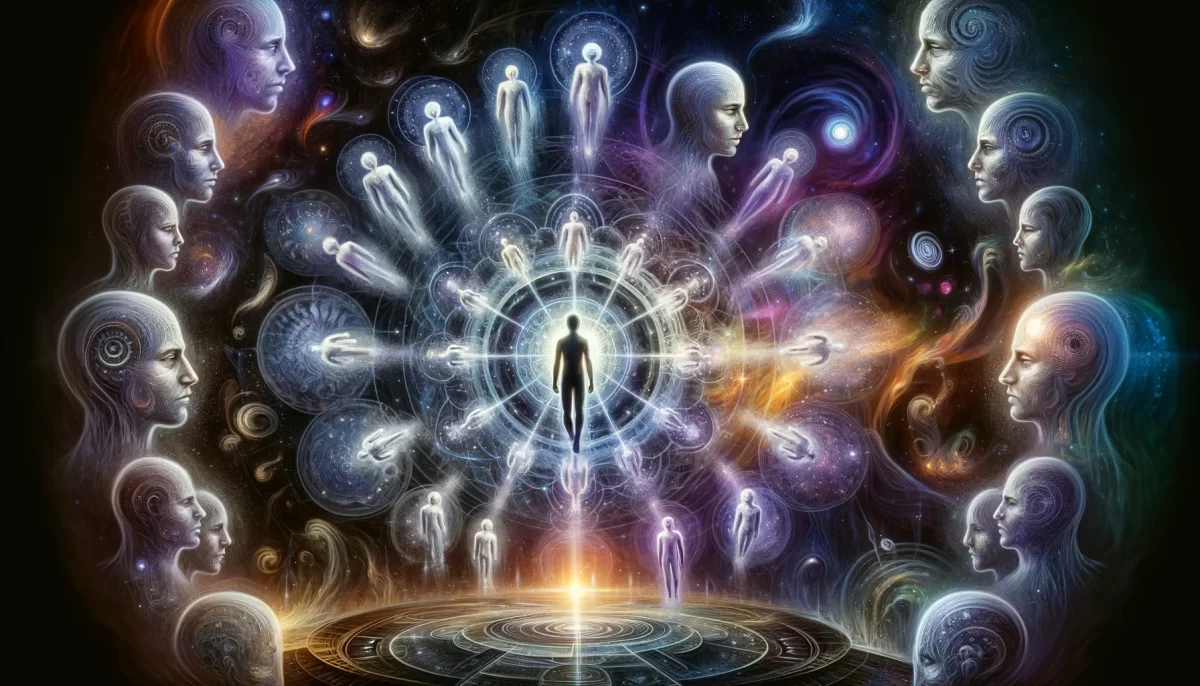
Leave a Reply